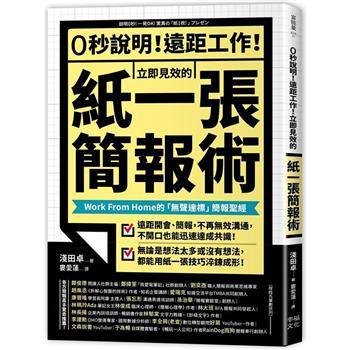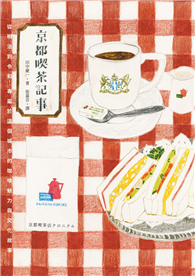This memoir of medical training in the 1970s, Stress Test, is particularly timely after the Dobbs decision, when the rights that underpin a woman’s ability to participate fully in professional and public life are under attack. The story takes the reader through a five-year crucible, from the first day of medical school through the last day of an internship year in pediatrics and from the gross anatomy lab to the neonatal intensive care unit. Unveiling the cadaver in the first days of medical school while her mother lay dying on an oncology ward; the excitement of making difficult diagnoses and the terror and tragedy of disastrous mistakes; the joy of connecting with patients and the heartbreak of losing them-it’s all here. Women comprised less than a fifth of the author’s medical school class, so the scourge of sexism riddles the narrative. And as a white woman in the largely Black urban environment of West Baltimore, barely a decade after the Civil Rights movement and long before Black Lives Matter, she bore witness throughout her training to the human cost of racism.
All this took place while the author navigated personal struggles: her mother’s death two months into medical school; several ill-starred romantic relationships, including an interracial love affair with a professor; a roommate’s suicide; and her own suicidality, depression, and experiences in therapy.
This memoir joins a growing body of work by women physicians in recent years, including several memoirs. What makes it unique is the era when it was written: a time when women were still years away from comprising half-or more-of medical school students, and when the second wave of feminism was surging. Many of the fears, griefs, and struggles that women in medicine face today are the same ones the author grappled with decades earlier.












